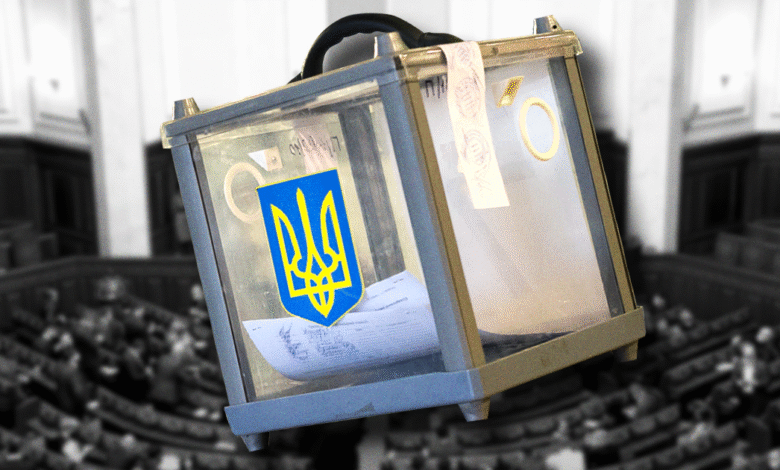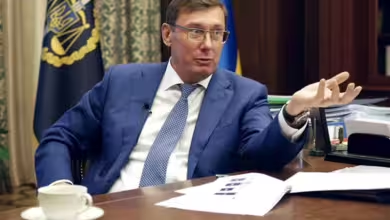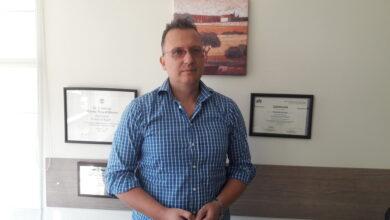Politicians who oppose the CCC may gain support in the elections: assessment of a military analyst

In recent years, the topic of national elections in Ukraine — parliamentary, and especially presidential — has periodically come up in the public space, causing controversial reactions. Since the beginning of the full-scale invasion of Russia and the introduction of martial law, any vote has been legally impossible. However, the political debate continues: on the one hand, there is pressure from some of the Western partners, who consider the elections a signal of democracy and political stability, and on the other hand, there are practical, legal and moral arguments about the impossibility of fair voting in conditions of war.
Against this background, another aspect is gaining weight – what does the current voter feel and think? Who is left among those who will go to vote? What are their moods? Against this background, his assessment of the situation expressed veteran and military analyst of the analytical group “Leviathan” Mykola Melnyk.
Mykola Melnyk directly notes that most of the representatives of the active civil society formed in previous years — that is, those who are used to thinking in terms of personal responsibility, direct participation in joint decisions and actions through volunteering, self-management or public initiatives — at the beginning of the full-scale war joined the Armed Forces or became part of volunteer networks.
“This is all civil society, people with the quality of ‘something depends on me, I am responsible’. In 2022, 90% of them went to the front and volunteered. And, by and large, the quality of society that remained behind has changed. And yes, we can criticize it. But let’s face the truth. These are people who sincerely hate the TCC.” – he noted.
Instead, a slightly different audience remained in the rear – and it is they, according to Melnyk, who will become the main source of votes in the next elections. The expert directly points out that today’s basic voter is not someone who returns from the trenches or serves on the front line, but someone who, for various reasons, has remained in the rear and feels tension, fear, disagreement or rejection of the actions of territorial recruiting centers.
According to Melnyk’s assessment, the candidates who will participate in the upcoming elections will have to focus on this request. This means that in the political field, the influence of rhetoric that directly or indirectly opposes mobilization politics will increase significantly. All politicians, the expert emphasizes, “will act in the interests of their constituents”, and therefore those who oppose mobilization will be successful in the elections.
Thus, in the long term, according to Melnyk, the probability of victory for candidates who take a position of criticism or outright denial of mobilization as a state policy is quite real. This, in turn, creates a new political dynamic that may differ from the notion of “military elections” as such, where the main figures will be the military or representatives of the security sector.
Despite the fact that the debate about the possibility of elections continues, the legal restrictions remain clear: while martial law is in effect, holding a nationwide vote in Ukraine is impossible. This was repeatedly emphasized in the Central Election Commission. Serhiy Dubovyk, the Deputy Chairman of the CEC, reminded that no elections — neither presidential nor parliamentary — can be held during the period of the special legal regime. And even after the lifting of martial law, according to him, the voting process will require long preparation.
The country’s political leadership also does not support the idea of holding elections before the end of the war. The head of the President’s Office, Andriy Yermak, previously stated that a return to the election process is possible only after the end of hostilities. A similar position was voiced by the Chairman of the Verkhovna Rada, Ruslan Stefanchuk. He emphasized that after the abolition of martial law, Ukraine will have to adopt a separate law that will regulate the specifics of elections in the post-war period, as these elections will be “not ordinary”. According to Stefanchuk, a separate regulatory decision is being developed, which will not be made public until the end of military operations.
According to representatives of the Ukrainian authorities, preparations for possible future elections are still being conducted, but in a closed, non-public manner. This is due to both security issues and the political sensitivity of the topic. Legislative initiatives related to updating the election code for the conditions of post-war Ukraine are discussed in specialized groups and with the participation of international experts. Topics include military access to voting, representation of IDPs, participation of refugees abroad, polling station security, and vote counting format.





